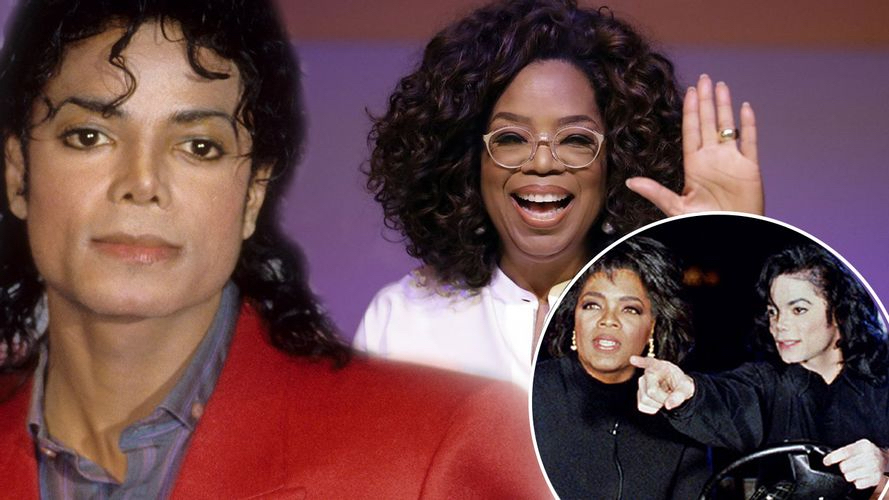New
Michael Jackson's Vitiligo Confession
In 1993, Oprah Winfrey made history by conducting the most-watched interview in television history. It was an exclusive talk with Michael Jackson who had refused to be interviewed for 14 years. 90 million people tuned in for the sit-down chat at the King of Pop's Neverland Valley Ranch in Los Olivos, California. Winfrey called it "the most exciting interview" she'd ever done. After all, Jackson agreed to talk about anything. He didn't even discuss the questions with the host prior to the big moment. It was the candid conversation fans had been dying to see. But at some point, they thought Winfrey had botched the interview.
One of the first controversies Winfrey brought up during the interview was the color of Jackson's skin. "Are you bleaching your skin? Is your skin lighter because you don't like being black?" she asked the singer. The Thriller hitmaker seemed hurt about the accusations. "As I know of, there's no such thing as skin bleaching," he answered. "I have never seen it. I don't know what it is... This is the situation — I have a skin disorder that destroys the pigmentation of the skin. It's something I cannot help. But when people make up stories that I don't want to be who I am, it hurts me." Jackson's voice started to break. "I can't control it," he added. "Let's reverse it, what about all the millions of people who sit out in the sun to become darker, to become other than what they are? Nobody says anything about that." Winfrey didn't stop to acknowledge how painful the question was for Jackson.
A fan even tweeted: "Through woeful questioning, after suffering for years, Michael Jackson had the courage to tell Oprah & the world in 93 he had vitiligo. Did she show any empathy? Did the media ever pare back on the relentless attacks about him? No. It just became worse." Many fans agree.
Continue reading on TheThings

FAQOther Questions
- Polypodium leucotomos as an adjunct treatment for vitiligo?
The tropical fern Polypodium leucotomos (also known as Polypodium aureum) and its relative Polypodium decumanumhave shown potential benefits for managing vitiligo and other auto...
- Shall I take vitamin D for my vitiligo?
Vitamin D plays a central role in the prevention of different inflammatory and chronic diseases. Consuming 1,000–4,000 IU (25–100 mcg) of vitamin D3 daily should be ideal for mo...
- Which is better for judging vitiligo — Wood’s lamp or dermoscopy?
A recent study out of India compared the two head-to-head. Both tools correlated fairly well with clinical criteria, but dermoscopy had a slight edge: Wood’s lamp: sensitivit...
Though it is not always easy to treat vitiligo, there is much to be gained by clearly understanding the diagnosis, the future implications, treatment options and their outcomes.
Many people deal with vitiligo while remaining in the public eye, maintaining a positive outlook, and having a successful career.
Copyright (C) Bodolóczki JúliaBy taking a little time to fill in the anonymous questionnaire, you can help researchers better understand and fight vitiligo.
